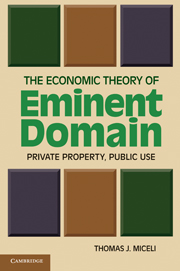![JEBO[1] Cover of JEBO](https://uconnecon.files.wordpress.com/2012/07/jebo1.jpg?w=113) Professor Nishith Prakash’s article titled “Consumption and Social Identity: Evidence from India” has been accepted for publication in the Journal of Economic Behavior & Organization.
Professor Nishith Prakash’s article titled “Consumption and Social Identity: Evidence from India” has been accepted for publication in the Journal of Economic Behavior & Organization.
Abstract:
We examine spending on consumption items which have signaling value in social interactions across groups with distinctive social identities in India, where social identities are defined by caste and religious affiliations. Using nationally representative micro data on household consumption expenditures, we find that disadvantaged caste groups such as Other Backward Castes spend eight percent more on visible consumption than Brahmin and High Caste groups while social groups such as Muslims spend fourteen percent less, after controlling for differences in permanent income, household assets and household demographic composition. The differences across social groups are significant and robust and these differences persist within different sub populations. We find that the higher spending of OBC households on visible consumption is diverted from education spending, while Muslim households divert spending from visible consumption and education towards greater food spending. Additionally, we find that these consumption patterns can be partly explained as a result of the status signaling nature of the consumption items. We also discuss alternative sources of differences in consumption patterns across groups which stem from religious observance.
![Book_Cover[1]](https://uconnecon.files.wordpress.com/2012/05/book_cover11.jpg?w=201)

